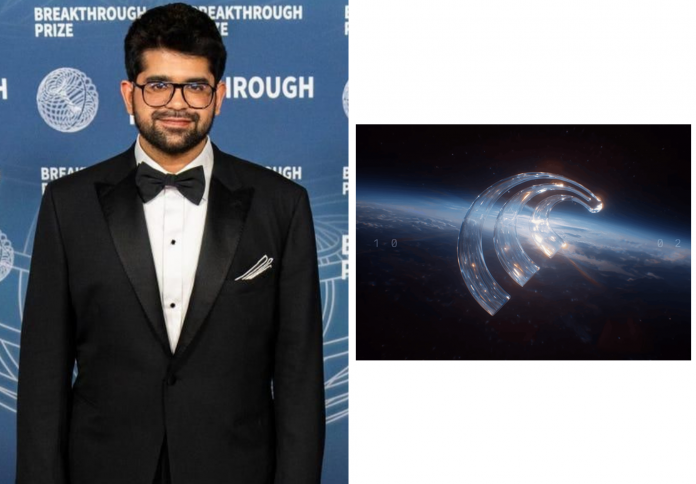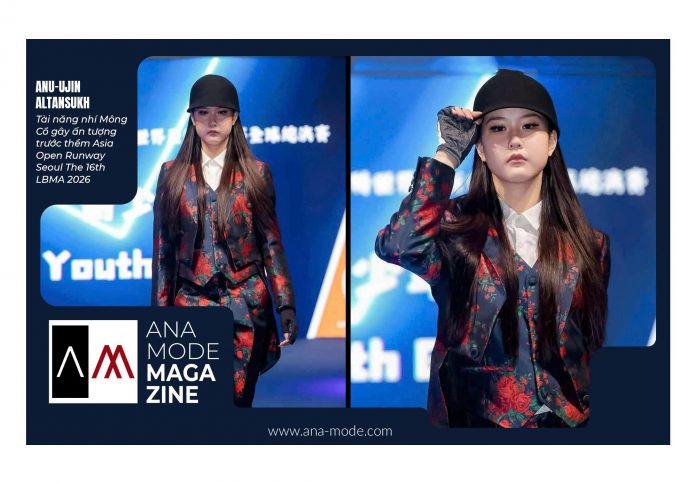In a radical departure from Silicon Valley’s established fundraising norms, Aravind Srinivas, CEO of the AI-powered answer engine Perplexity, has declared the traditional pitch deck obsolete. Srinivas, whose startup is backed by giants like SoftBank, Nvidia, and Jeff Bezos, revealed that he has not prepared a formal slide presentation since his company’s Series A funding round. Instead of relying on polished storytelling and static graphics, his preferred fundraising approach centers on a written memo, a live Q&A session, and most strikingly, the use of Perplexity’s own AI engine to answer investor questions in real time. This method shifts the investor diligence process from scrutinizing a perfected presentation to directly testing the product’s capabilities, underscoring a new era where performance and conversational agility matter more than slide craft.
From Polished Slides to Real-Time Dialogue
For decades, the pitch deck—a concise slide presentation detailing a startup’s vision, team, and financial model—has been the mandatory currency of venture capital. Srinivas, a former researcher at Google’s DeepMind and OpenAI, believes AI has rendered this format strategically less valuable. He claims that once AI tools make it trivial to generate a polished, 20-slide deck, its signaling value drops, making it difficult for founders to differentiate their company.
His approach flips the fundraising dynamic from a founder-controlled monologue to a product-centric dialogue. Instead of a deck, he provides a comprehensive memo and then invites investors to an “Ask Me Anything” style Q&A. This live reasoning and interactive format allows investors to explore their curiosities in real time. The focus moves from marketing copy to live reasoning, turning the product demonstration itself into the core of the pitch.
The AI-Powered Q&A Strategy
The most groundbreaking element of Srinivas’s fundraising technique is his reliance on Perplexity’s AI to handle complex investor inquiries. He tells investors they can ask any questions they want, adding, “Anything else that is not internal data, you can ask Perplexity. Like, it already knows everything.” This is a masterclass in alignment, using the product to sell the product’s credibility and performance directly.

In a striking example, Srinivas recounted a situation during a recent funding round where a major investor sent a lengthy follow-up email full of detailed, technical questions. Instead of drafting a response himself, he copied the entire email into Perplexity and asked the AI to “answer it like Aravind,” effectively having his AI assistant CEO articulate a fast, tireless, and comprehensive reply. The founder was reportedly surprised by the quality of the AI’s response, which helped secure a substantial investment.
A Signal Shift in Fundraising Dynamics
Perplexity’s unconventional fundraising approach is more than just a founder’s gimmick; it signals a fundamental shift in how investor communication may evolve across the technology sector. The movement suggests that the future of fundraising will prioritize interactive, data-linked narratives over static, pre-packaged narratives.
This shift raises the bar on product truth and lessens the premium on presentation polish. In a world saturated with undifferentiated AI companies, investors are increasingly looking for authenticity and real-time performance. When founders allow their product to be put on the spot, they demonstrate a high degree of confidence and credibility, forcing the investor diligence process to prioritize testing the product’s speed and accuracy directly in the room.
The Future of Investor-Founder Interaction
The trend exemplified by Perplexity is already being mirrored by the proliferation of AI-powered tools like Beautiful.AI and Tome, which make it faster and cheaper than ever to create polished slides. As creating a “slick” deck becomes trivial, the real differentiator will increasingly be the story and the team behind the product.
For founders, the lesson is clear: don’t confuse polish with persuasion. While AI can accelerate the creation of the pitch deck artifact, the actual persuasion will happen in the conversation, the live demonstration, and the unique, compelling narrative that a machine cannot yet fully generate. Perplexity has shown that earning the right to ditch the deck means having a product capable of speaking for itself, transforming the “Demo day” into a high-stakes, real-time “Ask Me Anything.”










